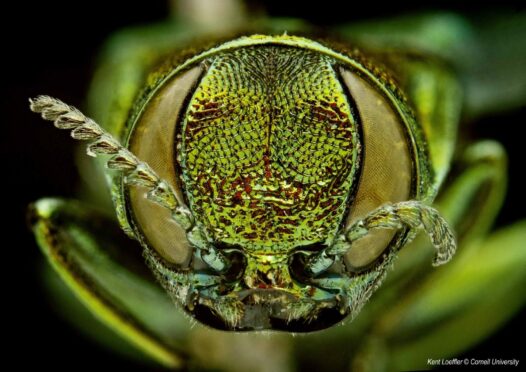Biosecurity and the imminent threats to Scotland’s plant health will lead the agenda of a conference taking place in Dundee today.
Well-known existing threats including cyst nematodes on potatoes; newly discovered issues like Phytophthora pluvialis that is affecting Douglas fir trees, and others that aren’t here yet — such as Xylella fastidiosa, which can infect hundreds of plant species — will all fall under the microscope of leading plant professionals, government and industry representatives.
Professor Ian Toth, a senior scientist at the James Hutton Institute and director of Scotland’s Plant Health Centre (PHC), said: “Since the arrival of ash dieback to the UK in 2012, the importance of plant health has continued to increase. There is an ever–growing list of threats to our shores.
“But on the positive side, people from all walks of life are becoming more aware of the risks.
“Following the International Year of Plant Health 2020, the UK introduced a plant health week to promote biosecurity messages and increase awareness of plant health threats.
“For example, as many of us starting to set off on our holidays abroad — and especially this year after two years of travel restrictions — the ‘Don’t Risk It’ campaign makes people aware of the risks associated with bringing plants, flowers, fruit and vegetables back to the UK.”
The Chief Plant Health Officer for Scotland and Head of SASA, Professor Gerry Saddler, said engaging with the public is essential.
He added: “For plant biosecurity to work, and Scotland’s iconic natural and cultivated plants to remain healthy, and for the species that rely on those plants — including us — to flourish, it is vital that we all do our best to minimise these new threats.”
The Plant Health Conference will also discuss the recently announced Plant Health Accord, which will see over 30 UK entities commit to improving public engagement with plant health and biosecurity.
For more details, visit the website at planthealthcentre.scot


